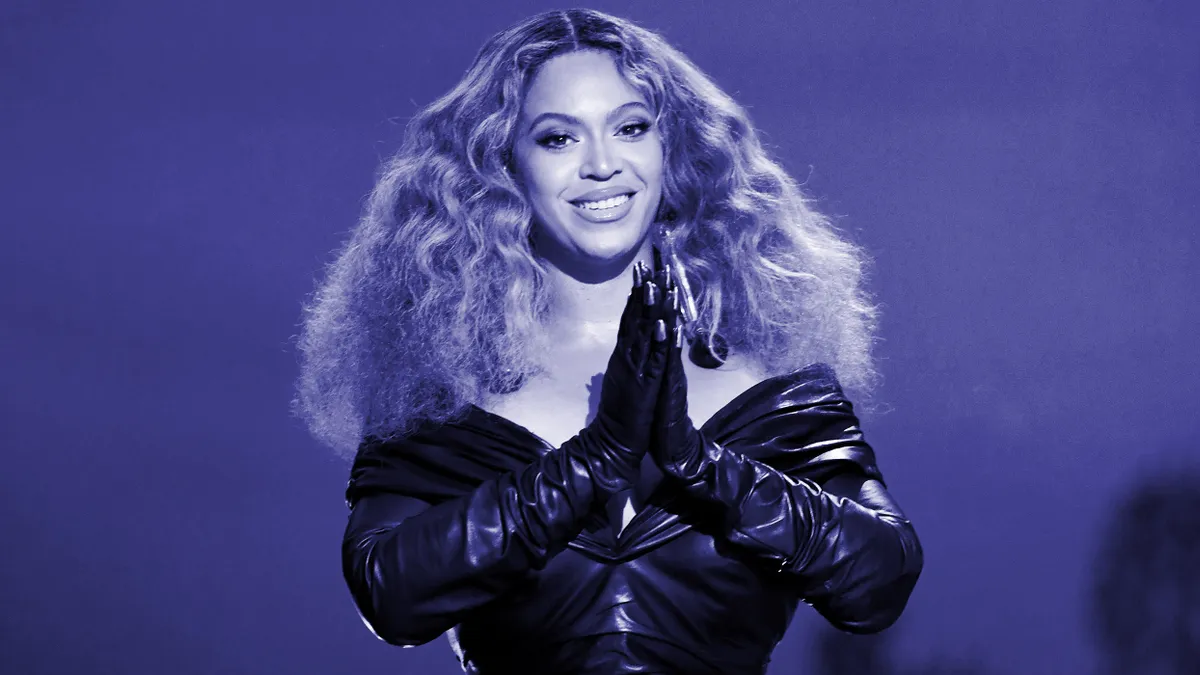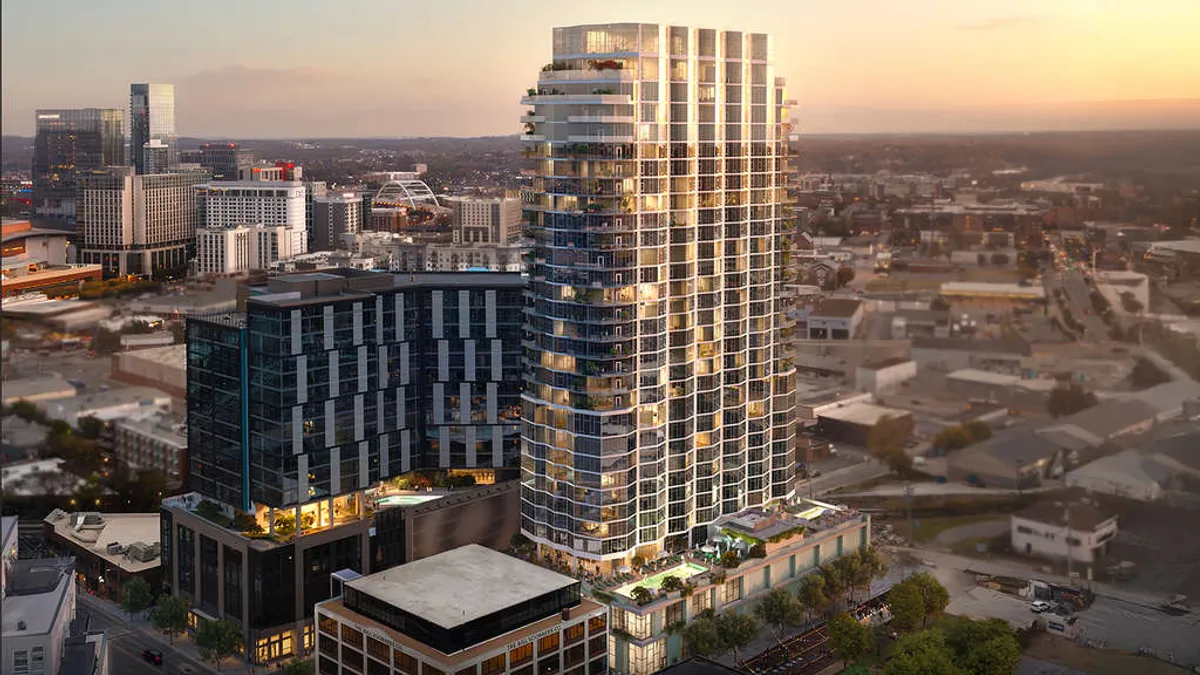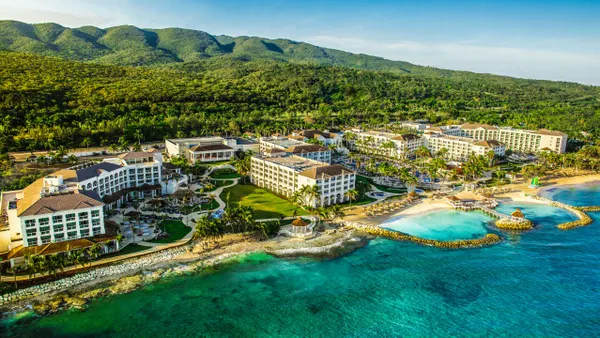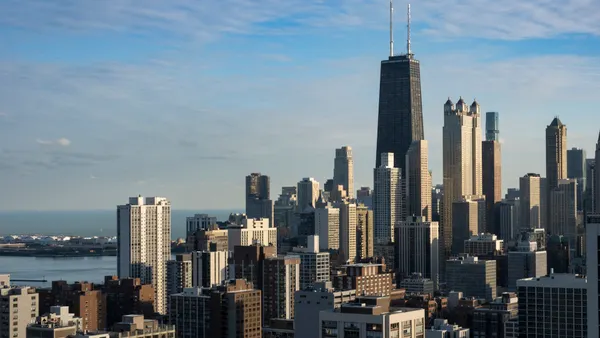Dive Brief:
- Global hotel occupancy levels are an average of 10% ahead of 2022, with reservations for Q4 of 2023 currently trending 11% above, according to a new report from travel technology company Amadeus.
- Global RevPAR has grown by an average of 17% year to date, with France leading the way with a RevPAR at 123% ahead of the worldwide average.
- Cities hosting large-scale events in particular have been experiencing traction, with artists such as Beyoncé driving occupancy up as much as 36% in some markets.
Dive Insight:
The final three months of 2023 are looking positive for the global hospitality industry, as bookings start to consistently follow historical trends and patterns, and major entertainment and sporting events continue to boost hotel demand.
The Amadeus report, titled “Hospitality data trends 2023: The opportunities ahead,” noted, for example, that Beyoncé’s Renaissance World Tour drove a spike in hotel demand in Seattle. Occupancy stood at an average of 83%, but increased to an average of 96% for Sept. 12 to 14, as Beyoncé fans flocked to the city. Occupancy was up 36% on the night of the show compared to the same night in 2022.
In June, STR reported on the tour’s impact on hotel performance in Europe, including record-high performance in Stockholm on the night of her show. And there was also, of course, the “Swift Lift” that happened across the U.S. The international leg of Taylor Swift’s tour kicks off in November in Argentina.
Right now, hotel demand in host cities for the Rugby World Cup, which is currently taking place in France, is on the rise. According to the report, Paris and Nice are up 5% compared to the same period in 2022, while Marseille is up 7%.
Overall, in 2023, European occupancy rates have narrowly overtaken the U.S., with a strong last quarter on the horizon according to on-the-books reservations that are currently 20% ahead of the worldwide occupancy average.
RevPAR for European hotels is around 16% above the worldwide average, with France topping all cities with 123% over the average worldwide RevPAR. In June, the country’s RevPAR was $422, 220% more revenue than was achieved per room in the U.S. for the same month.
Interestingly, the report also noted that heading into Q4, Hawaii is tracking in the top five markets for North America: “With the recent wildfires in Maui, there has been discussion around the need for tourism in the area to help with financial recovery while also being considerate of rebuilding the region,” the report stated.
But many hospitality companies in Hawaii still expect a decline in sales activity.
In addition to the hotel metrics, short-term rental data specialist Key Data, an Amadeus partner, found that short-term rentals are typically booked around a month in advance of hotels, while air travel bookings are usually made slightly over three months ahead. This information can “help hoteliers anticipate dips and spikes in traveler demand and plan accordingly,” the report pointed out.








